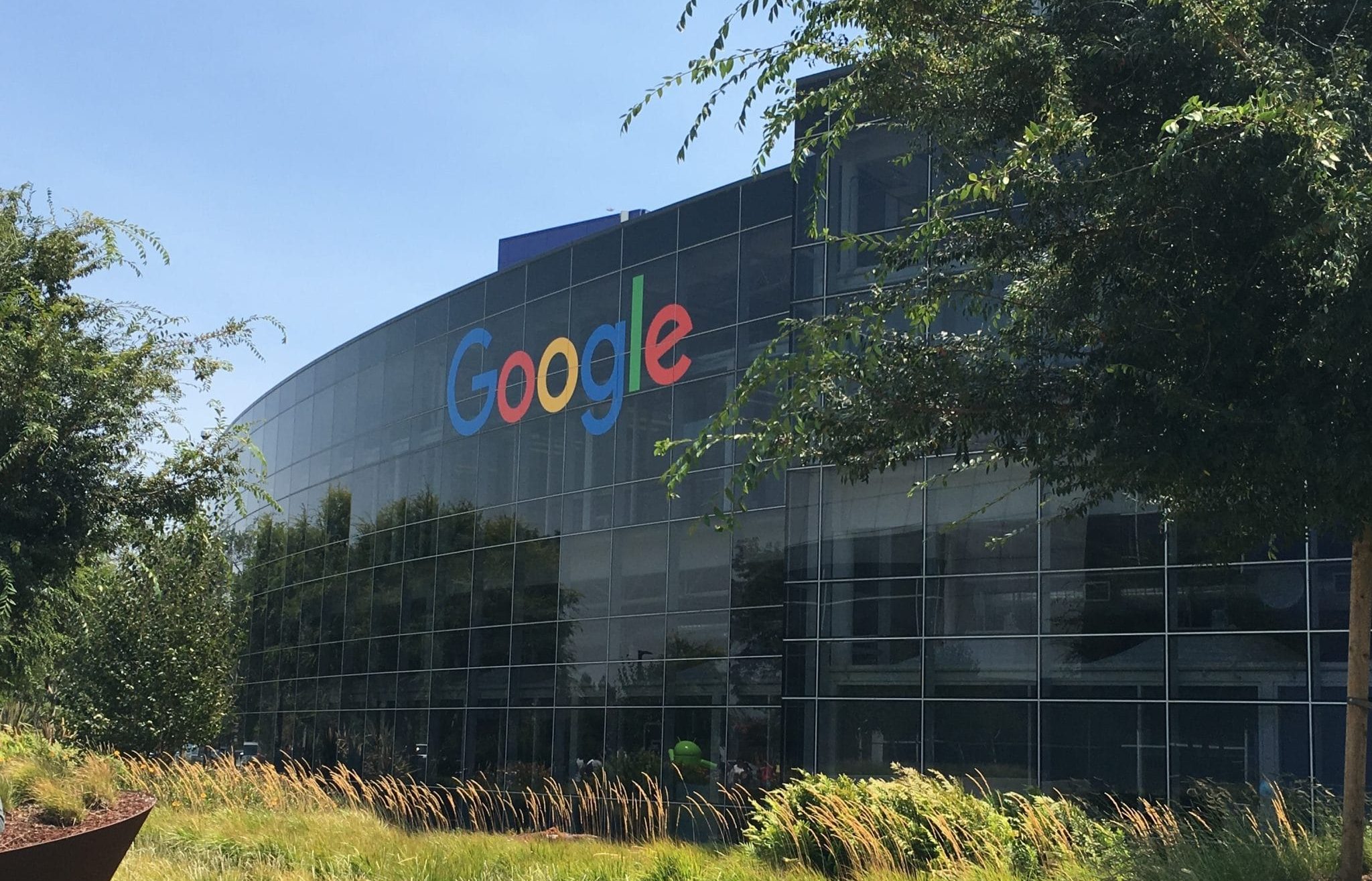

But even with the company taking a few licks at the hands of both the US Congress and displeased investors, Facebook itself is still very well positioned for growth, says Gordon Reid of Goodreid Investment Council, who claims there’s little chance the US government will force a break-up on anti-trust grounds.
Yesterday, Facebook reported that it recently removed 652 pages, groups and accounts from its platform for what it calls “coordinated inauthentic behaviour,” signalling more of the company’s attempt to clamp down on fake news and election meddling linked to its services.
“We ban this kind of behaviour because we want people to be able to trust the connections they make on Facebook,” the company said in a blog post. “And while we’re making progress rooting out this abuse, as we’ve said before, it’s an ongoing challenge because the people responsible are determined and well funded. We constantly have to improve to stay ahead.”
The announcement comes as Facebook’s share price struggles to recover from the massive selloff which a month ago saw FB drop 19 per cent in one day’s trading, the largest rout in US stock market history. Triggered by weaker than expected revenue growth projections and lacklustre growth in daily active users, the selloff wiped out all of Facebook’s gains for 2018.
But Facebook’s future is still pretty bright, says Reid, even if the road seems a little bumpy.
“This tends to happen with all big companies,” says Reid, president and CEO of Goodreid Investment Counsel, to BNN Bloomberg. “The bar continues to rise and you get outside interest groups involved, outside governmental groups, because they’re big and they’ve got a big target on their chest.”
Reid says that anti-trust legislation likely won’t be used, à la Standard Oil of early last century. “The likelihood of that is very low given the current thinking in terms of the protection of intellectual property and free speech and so on,” he says.
“In terms of Facebook itself, obviously, it’s a juggernaut, but things are changing. They’ve got two billion active monthly users, which is just an advertiser’s dream, and they’ve monetized it very, very nicely,” he says.
“But they’re starting to monetize other things, and Instagram, of course, has really taken up the mantle and is really pushing forward in terms of new technology that people are excited about, so that the traditional Facebook model has morphed, and that’s what good companies do,” Reid says.
“This is another example of what was a very high valued stock trading at 40 and 50 times earnings that has come down in terms of valuation while both price and earnings have risen,” he says. “That can only happen if earnings rise at a faster rate than price. But both can grow and that’s exactly what has happened with Facebook.”
Leave a Reply
You must be logged in to post a comment.






 Share
Share Tweet
Tweet Share
Share




Comment